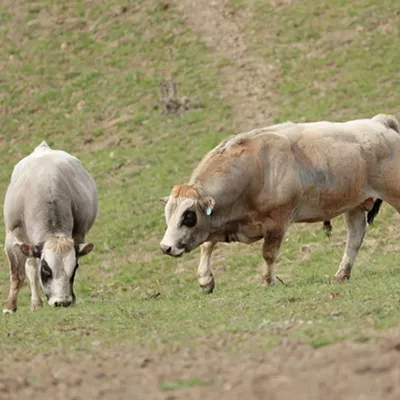It's one thing to enjoy drinking wine, quite another to feel confident talking about it, or knowing how to communicate your preferences effectively at a restaurant or wine shop. Krista French, a certified sommelier, has some tips for the tongue-tied.
Embrace the unconventional
"Every time I taste, I'll pull something out that doesn't necessarily sound like you're reading it from a wine book, but it's what I taste," says French. "There's nothing wrong with saying: 'This tastes like cherry yogurt,' 'This tastes like a graham cracker,' 'This tastes like a watermelon Jolly Rancher.' It doesn't have to be in snobby wine terms; it can be whatever you're tasting in the wine."
A great starting point for any wine conversation is to talk about what you like. If you've had a great wine from Spain, or there's a brand you love, talk about that. But be sure and talk about what it is about it that you love.
Start with these basic terms
Body: The wine's body refers to the way it feels in your mouth. French suggests that you think about the difference between skim (light-bodied), 2% (medium-bodied) and whole milk (full-bodied).
Dry: The opposite of sweet. A sweeter wine might be referred to as off-dry.
Tannin: "The sensation in your mouth that makes it feel dry, that makes it feel grippy," says French. "It's from the skins of the grapes and the seeds and stems that are in that wine, even potentially from the oak used to process it." Often, when people say they want a dry wine, they are thinking about the tannin, rather than sweetness. The opposite of tannic is smooth.
Varietal: This word refers to the type of grape, like Merlot or Sauvignon Blanc. Most wines in the United States list their varietals on the label so you can easily see what you're drinking, but in some countries, the place of origin will be there instead. Red Burgundy is made from Pinot Noir grapes, for example, and Chablis from Chardonnay.
If you really want to impress your friends, throw in the French word terroir (pronounced "tehr-wahr"; emphasis on the second syllable). "It means sense of place," says French. "It's the soil that the vines are in, the sagebrush that's around them. You're going to taste the area it's from."
No matter what you say about wine, try to have fun with it. "I don't feel like it should be an intimidating thing," French says. "It's your perspective on the wine. You shouldn't be afraid to talk about it. It should be fun, and you can learn from each other even if you're just out tasting with your friends. You can't learn if you're not going to talk about it. Don't be afraid to just throw it out there."

















